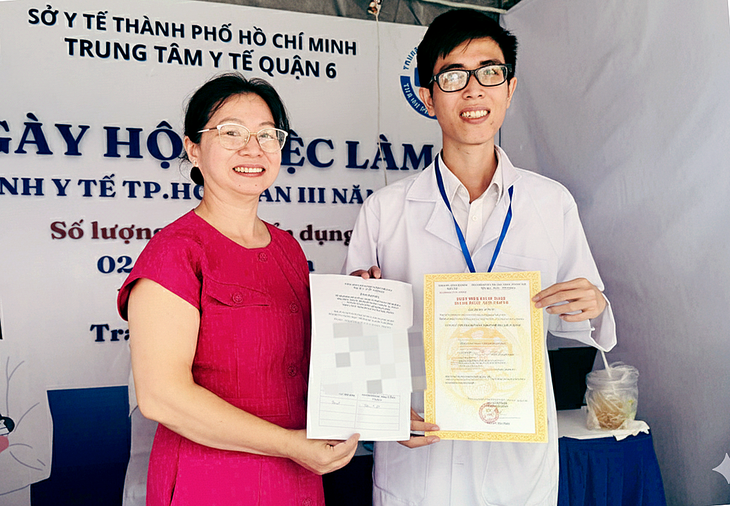
The number of young doctors registering to work at medical centers and health stations in Ho Chi Minh City is increasing - Photo: THU HIEN
Statistics from the Ho Chi Minh City Department of Health show that the rate of young doctors registering for primary health care will increase from 21% in 2024 to 37% in 2025.
This shows the growing attraction of the primary health care system to young doctors - who not only bring enthusiasm but also a desire to create new changes in patient approach.
Primary health care is no longer the second choice of young doctors.
Speaking with Tuoi Tre, Dr. Le Thao Vy, who recently graduated from the pediatrics department of Pham Ngoc Thach University of Medicine, shared that she chose to apply immediately to the Tan Binh Regional Medical Center (HCMC) to work after graduation.
This was something she had never thought of before when she was in the classroom, but after 18 months of practicing at the hospital, seeing the overload and pressure at the final hospital made this young doctor realize that primary health care plays an extremely important role.
For Dr. Vy, the work at the medical center is very suitable for young doctors, here she is exposed to a variety of diseases because the reality of children's health care at the medical center is quite diverse.
Regarding the concern of "flooding the profession" when returning to primary health care, Dr. Vy added that she is not too worried because this is still a place for young doctors to practice their skills. According to Dr. Vy, it is never too late to be exposed to and understand many aspects of diseases, thereby improving one's expertise.
After more than 3 years working at the health station, Dr. Ngo Minh Nhat (28 years old), working at Binh Hung Commune Health Station (formerly Binh Chanh district), also shared that when he was a medical student, the idea of working at the grassroots level was almost non-existent.
Only when participating in the pilot program of practical training at the hospital attached to the health station for newly graduated doctors did Nhat realize the important role of doctors at the health station in "intercepting" diseases from afar. Therefore, in 2022 after graduating, Doctor Nhat immediately registered at the health station.
"My views on the health station have changed completely. When I practiced at the health station, I realized that there was a shortage of doctors, so the people were at a disadvantage. The number of people coming to the health station for examination is increasing, they confided that when they went to the health station, the doctors took better care of them, from treatment to disease prevention.
Besides, I also had the opportunity to study in a more specialized field. Basic medicine is truly an environment that every medical student needs to experience," said Dr. Nhat.
Changing the concept of primary health care
Since 2022, the Ho Chi Minh City health sector has implemented a pilot program of 18 months of practice at a hospital attached to a health station for newly graduated doctors. Doctors will practice for 12 months at the health station under the professional and practical guidance of hospital doctors, and the remaining 6 months will be spent interning at the hospital.
The city has organized the third job fair for doctors participating in this program, opening up opportunities to choose a long-term workplace. Up to now, 547 young doctors have completed their training in time to supplement public health facilities, especially at the grassroots level.
Dr. Nguyen Trong Nghia, Deputy Director of Cu Chi Medical Center, said that compared to previous years, the number of young doctors interested in the medical center has increased, and the level of attention paid to grassroots health care is increasing.
This shows that the Department of Health's policy of attracting doctors to the grassroots level is completely correct, contributing to enhancing the role of grassroots health care and reducing the load on upper-level hospitals.
Doctors have changed their mindset from just treating to prevention, no longer wanting to go to a big hospital to develop their expertise after graduation. Or with medical facilities located in remote areas due to long distances and difficult travel, doctors are afraid of "less illness, less exposure" and fear of "being out of practice".
Mr. Tang Chi Thuong, director of the Ho Chi Minh City Department of Health, said that the pilot program of practical training at hospitals attached to medical stations for newly graduated doctors is an effort of the health sector in training doctors.
This aims to help young doctors get closer to the reality of public health, understand the operations of the grassroots health system, thereby forming a mindset of serving people comprehensively, from prevention to treatment.
The head of the city's health sector said that in 2024, 74 doctors chose to work long-term at grassroots health facilities, an increase of 26 doctors compared to 2024.
In 2025, the Ho Chi Minh City health sector will continue to allocate 274 young doctors to health stations to strengthen grassroots health support immediately after the merger. Unlike the previous three courses, the fourth course is the first to apply the 6-3-3-3-3 rotation model, including the first 6 months at the general hospital, 3 months at the health station, 3 months at the hospital, 3 months at the station and the last 3 months at the hospital.
Notably, 21 young doctors proactively registered to work at medical stations in Binh Duong province (old) and Ba Ria - Vung Tau (old), of which 2 chose the medical station under the Con Dao Military - Civilian Medical Center.
During the internship, the training hospital will support 100% of the internship tuition, equivalent to 3 million VND/month. When practicing at the medical station, the doctor will be supported with a living allowance of 10 million VND/month, according to the special policy stipulated in Resolution No. 01/2022/NQ-HDND of the City People's Council.
The Ministry of Health recommends that localities rotate doctors to work at the commune level.
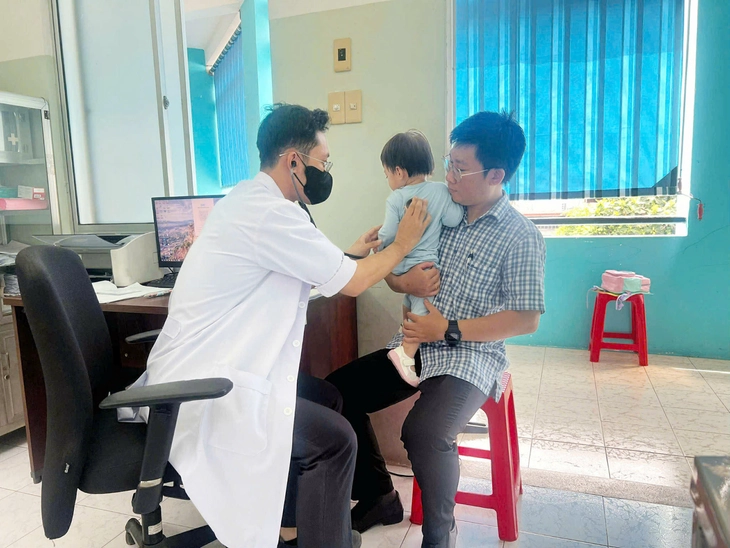
Doctor Ngo Minh Nhat (28 years old) volunteered to work at Binh Hung Commune Health Station (former Binh Chanh district) right after graduating - Photo: NVCC
Recently, the Ministry of Health has sent a document to the People's Committees and Health Departments of centrally-run provinces and cities requesting the development of a plan for rotation, transfer, and mobilization of medical personnel from health departments, hospitals, and medical centers under the Department of Health to commune level.
Localities are recommended to rotate at least one medical professional to the commune-level cultural and social department, and one doctor to the commune health station, to ensure the provision of full professional and technical services as required by the new organizational model.
In addition, the Ministry of Health is developing a project to send 1,000 doctors to commune-level health facilities in the coming time, implementing the Prime Minister's direction, gradually strengthening the role of grassroots health facilities.
Source: https://tuoitre.vn/bac-si-tre-chon-ve-y-te-co-so-20250907232007825.htm



![[Photo] The 4th meeting of the Inter-Parliamentary Cooperation Committee between the National Assembly of Vietnam and the State Duma of Russia](https://vphoto.vietnam.vn/thumb/1200x675/vietnam/resource/IMAGE/2025/9/28/9f9e84a38675449aa9c08b391e153183)
![[Photo] High-ranking delegation of the Russian State Duma visits President Ho Chi Minh's Mausoleum](https://vphoto.vietnam.vn/thumb/1200x675/vietnam/resource/IMAGE/2025/9/28/c6dfd505d79b460a93752e48882e8f7e)


![[Photo] Joy on the new Phong Chau bridge](https://vphoto.vietnam.vn/thumb/1200x675/vietnam/resource/IMAGE/2025/9/28/b00322b29c8043fbb8b6844fdd6c78ea)
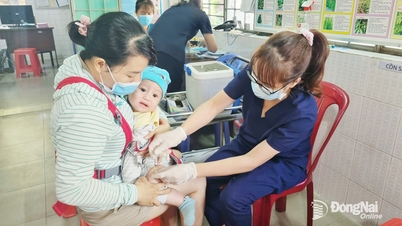







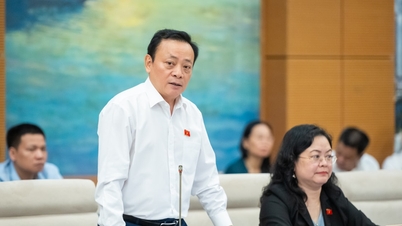



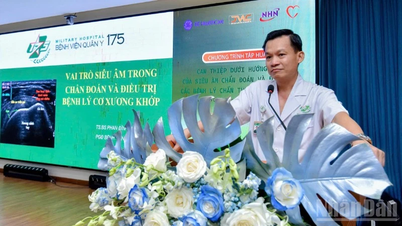















































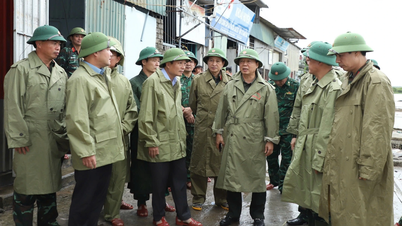









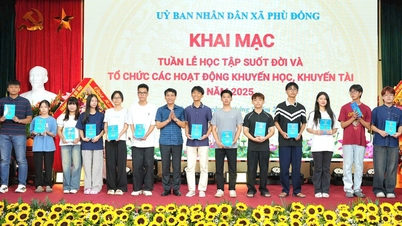
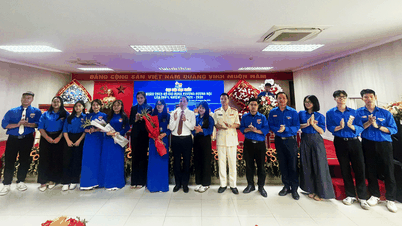
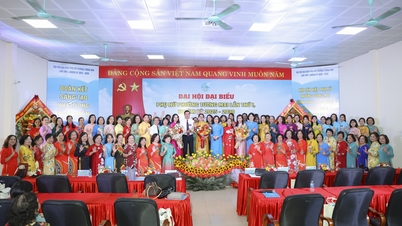















Comment (0)